I’m trying something new this week—sharing excerpts from my travel journals here, tightened and edited a bit. Observations arise constantly in my life, and yet judgment seems only to arise when I contemplate sharing these observations with others. Delving into bloggy territory, I worry I’m not going to provide value or offer something that others want to read. I’m hesitant, hamstrung with self-judgment, so perhaps that is enough reason.
I’m on the bus to Ayampe. Rocafuerte has just whipped by. I’m reading Wild Politics by Susan Hawthorne. She gives me permission I didn’t know I was looking for to share my view of the world, my expressions, my thoughts. Top of page 53—quote “I give the content of personal writing (poetry/fiction/auto biographical nonfiction) the same weight as evidence from academic research.”
This statement opens something for me. My wings shift. I feel all at once the energy of the cockroach—the survivor, telling the story of the survivor. Showing what the survivor sees, pays attention to, what she thinks matters most. Cockroach is but one simile, one sister. Dandelion is perhaps another. Que es la metáfora de la survivor?
We head south through the dry, monochromatic land. Passing the occasional finca (farm,) there’s a shock of hues— lime, new banana leaf, the deep, somber coco palm, muyuyo yellow—clear as a cluster of suns, fuchsia for the flower—I don’t know her name, but she has no leaves—a small saprophytic bush with obscenely bright pink-red clustered flowers shooting off.
One can see the water in the landscape, wherever it appears. The dry rivers bunched with dusty green shrubs. And where it appears unnaturally, where someone has poured money in the form of water into the earth.
The green glow of money—the wettest dollar—is jarring.
Whoever has the deepest roots here is who survives. Whoever is guarded and prized for their sweet, starchy nutrients and whoever is aggressively guarded and gardened here will survive in style.
The ceibas are tubby, arching from big wide feet to a wide belly. No one waters them. A kingdom of trees cracking bedrock to survive. Solitary sentinels on the drab hillsides. Arms thrown up and out. Beseeching, rejoicing, praying. Exalting.
The bus tosses me back and forth so strongly that the written words are snangled, practically incomprehensible all over the page. I do not feel ill. I wonder how those with motion sickness could stomach these bus journeys, where one must place all trust in god and their driver. Ripping into hairpins, down into passes like roaring demons, laboriously chunking up hills, swerving suddenly to avoid potholes, motos, or stray donkeys.
We lurch towards Manta, passing one tuna can factory after another. Into the snarl of industry and production against dirt tracks, unfinished block walls three stories high, fábrica after fábrica. The oily stink of fish, rotting argues with the scent of mango skin. Castor bean colonizes the narrow waterways that break between neighborhoods. These poisonous plants with leaves like mad stars are greener than almost anything else.
I gather myself, my things, and run to the bathroom as soon as we stop at the terminal terrestre. Hard on the nerves—to be desperate for the bathroom knowing the bus driver could possibly gun the engine and take off without you. I feel tired already. And I’m hungry. Didn’t eat much today. A banana. Some dried coco shreds. Two sweet passion fruit guts—the name of which I can’t seem to ever remember [granadilla]. I buy three hot yucca buns with a cheesy center for a dollar from a sweaty man who clambers aboard the bus right before we set off again. He drops them into a little paper sack, calls me “mi reina”—my queen. I can appreciate how Ecuadorians are always trying to sell something everywhere you go. Sometimes they have exactly what you need.
Sitting in Parque Calderon, in Cuenca, Ecuador. Saturday afternoon. Taking in the non-stop swirl of human activity and appearances. A group of hippies has taken over the gazebo. hung a banner that says, “Welcome Home.” They are playing drums. Several police argue politely with one of their compatriots over the rail of the octagonal enclosure. The hippies are mostly white, many with dreads, all with heavily painted faces—a wide horizontal stripe of dark red across the eyes.
Nearby a politician is doing a photo-op meet and greet. He shakes hands, smiles. His centerpiece—a vendor with a large gray umbrella and a red camping cooler, selling homemade ice creams in petite plastic cups. People buy, the politician greets them, glad hands, asks questions. His camera man follows him, poses him. The politician has a small following of people who crowd around. He is not dressed expensively—a dark blue fleece jacket, jeans.
More police gather around the hippies who now play music, djembes, guitars, hand-pans. Something in the air crackles, feels leaden. The politician gravitates towards pretty young women or poor, scruffily dressed older men. A white lady with long blonde dreads wends her way through the parque weighed down by an enormous hiking backpack, multiple bags looped around her neck. When the other hippies spot her, they begin to howl and yip. She appears to be the leader of the hippies. She has a smile that shines.
The sky is gray, sprinkling all afternoon. The hippies begin somewhat of a troubadour show, led by their newly arrived leader, dancing and involving the crowd, cracking jokes. They play out some occult-to-me drama, complete with bird calls and a bottle of rum and theatrical whirls on tiptoes—a skit with a lady-macaw draped in a red floral shawl who screeches shrilly. It feels too harsh to listen to.
I wander off to the corner where several people are waving red flags, stirring support for Unidad Popular. They are subdued, apart from their mini speaker playing some sort of Andean Cumbia into the intersection. Holding two flags is their bedraggled and threadbare mascot—a guinea pig—the individual inside peering out through the open mouth behind two large, yellow buck teeth. He waves his flags half-heartedly.
The parque crowds further. A young woman strides by followed by a tiny chihuahua clad an equally tiny sports jersey. He’s no larger than a sub roll. She urges him on when he stops to sniff an abandoned wrapper—corre corre corre—run run run. He wears no leash and crosses the busy cobbled street behind her when the light blips green. She doesn’t look back to see if he’s made it.
A boy of perhaps eight, wearing a Rudolph the Red Nose Reindeer sweatshirt, kicks at a pigeon but doesn’t let go of his mother’s hand. His little face sneers as his foot swings wild. The hippies begin singing The Jungle Book’s Bare Necessities. Several of them are barefoot. How are they not cold? We had little actual sun today and the plaza feels much chillier than after a warm, sunny day. Yet so many people are eating ice cream.
I consider going home to eat my chicken and lentil stew. I grow cooler. The temperature has dropped to 52, maybe 53. The hippies form a circle under the gazebo and leap and shout and yelp in rhythm. A Quechua lady in colored regalia—multi-colored skirt, finely trimmed poncho—trundles by under the weight of some thirty cups of sliced mango carried on a wooden tray balanced atop her head.
The political flag waving rally has concluded. The guinea pig takes off his head, shucks his furred pants. Inside is an indigenous man wearing a Slipknot tee. His hair looks like it’s never been cut, falling past his waist.
A fellow drives by in a white GT500. It’s pristine, custom rims, soft top. He sits in traffic idling for the next light. He revs his engine and rolls forward. The light goes back to red before he makes it half a block. Saturdays are a slow-motion parade of wealth.
I consider how long it would take me to knit a pair of gloves. Too long. Mittens—fine—an afternoon. But not gloves. My pointer finger begins to go numb, pale. Damned Reynaud’s. Now the hippies leave the gazebo, and their leader plays a fife, dancing barefoot on the edge of the street, forming a parade that snakes around the park. I believe I am getting a headache. Perhaps I need water or simply to be warmer. Definitely water. I continue to forget to drink water during the day.
At last, it is February. Or rather, oh fuck, it is February. It has been 3 full months of being out. Being out of the US, out of the funnel of madness there. I’ve drifted. I’ve torn my hair. I’ve been far more chilled than I expected. I still haven’t figured out what I’m doing here. I feel even farther from the voice of Her. I feel even farther from knowing what I’m supposed to do next.
Next week I plan to go to the Amazon jungle. Or at least a simulacrum—to a city once deep in the jungle, but now apparently razed cattle land which the locals are attempting to restore as a tourist haven. It doesn’t have the feral-never-destroyed-Amazonia vibes that the true purists are after. Perhaps that means it will be ideal for me.
I have been destroyed. I have been feral and dragged back into the fray of civilization’s nonsense. I have forgotten who I was as poison was poured into me and I have lost my heart. Perhaps it is the right place.
Am I someone who can re-locate my desire? This is what worries me. That I cannot find it again. That it has abandoned me as I abandoned myself for decades. My violent side still alive and well, brutalizing my own heart as it searches for a reason to keep beating. Turning to myself over and over and demanding that I make something of all these gifts, all this luck, out of surviving for all these decades. What will you do with your survival? What will you make with the miracle of still being here?
I know what my body wants to do. To rest. To not think so much. To lay quietly until I get up and walk through the world gazing at all these miraculous things and moments The Eternal Now bestows upon me. To smile at toddlers. To eat sturdy food that is easy to digest which gives my mind and body energy to continue. To sleep soundly in a clean bed with a toilet nearby and a door that locks. To move and dance and laugh, yes, maybe even one day to be touched with care and love.
But my mind seems perpetually surprised that this life of mine is still hanging around. Still here after all that I’ve been through. Asking “What more do you want? You are still here. You decided not to check out. What more do you want?”
You are alive. This was the goal. This is the prize. This is the whole point, princess.
You are seeing the world. You fled. You kept breathing. You healed. You made the hard choices. You drifted like a ghost, dying. You hardened and learned how to hold all this mad vibration and terror and fury and intensity. And now you are holding it, sitting in a third story apartment overlooking the Rio Tomebamba in the old city of Cuenca, Ecuador feeling sorry for yourself. Wah.
I am emotional today. Weeping and feeling a profound grief that reaches up through my core into my eyes. It feels like an echo of the collective has found an outlet in my body. The same vibration here in me, a body from which it can escape. It is also the impending move to the Amazon where I’m not sure I want to go. But I don’t want to stay here. I need to be somewhere warmer.
I’ve survived the chill here just fine, but I don’t like myself here, feel constrained by clothing and the odd combination of needing to protect my head and face from the pounding light, with having perpetually chilly feet. Muscles tight from clamping to keep the cold at bay, nerves under constant tension from the sound of combustion engines running day and night outside. There are no trees in my neighborhood. They are confined to parks and to the river’s edges. It doesn’t bother me exactly, but I do miss the green. I miss the comfort of warm evenings, the sound of the insects and birds calling out.
On the coast, I lamented about how I could find nothing I needed to buy—food, socks, books. And yet here, I can find all these things, apart from a pair of shoes that will fit a six-foot-tall Viking woman, and I’m finding I never needed any of them. I don’t need the nuts and seeds, the beautiful leather hats or belts, the eggplants, the jewelry. I did enjoy the book in English I borrowed but didn’t return—the one missing the first 10 pages. I found a pdf online, read the beginning, and then moved over to the book. The cover is falling off, and it made me cry, this book. Horrendous title but I was glad I found it. Yet, I found it in Ayampe, not Cuenca. The books I’ve bought here I have barely cracked open—both good, neither novels.
My head feels so cloudy, wrapped in a miasma of cotton wool. When needed, I can make the mind churn and do what has to be done. And it does it. But on the whole, I feel distant from the world, focused on nothing in particular. No niggling worries or preoccupations. Just disconnect. Aimless. This is why I “fell in love” repeatedly in my life. To give me a lodestone to grasp on to. I need something to connect to—the Other, any Other—in order to orient myself. And it grows ever more frustrating to uncover the truth of this reality.
What do I do when I want to orient myself, to ground and push and drive myself and I have no Other to grasp? Isn’t it a form of usury, then, to need someone to give me purpose, to light me on fire? I understand fully that we are all connected—Are All One—I could use that to produce the drive, perhaps, without a single, special One in my life. And yet, it doesn’t seem to work like that. I want for nothing without the mirror of the Other. Or I want only a coffee, to find a pair of shoes, to eat some hamburger.
I want only to walk on.




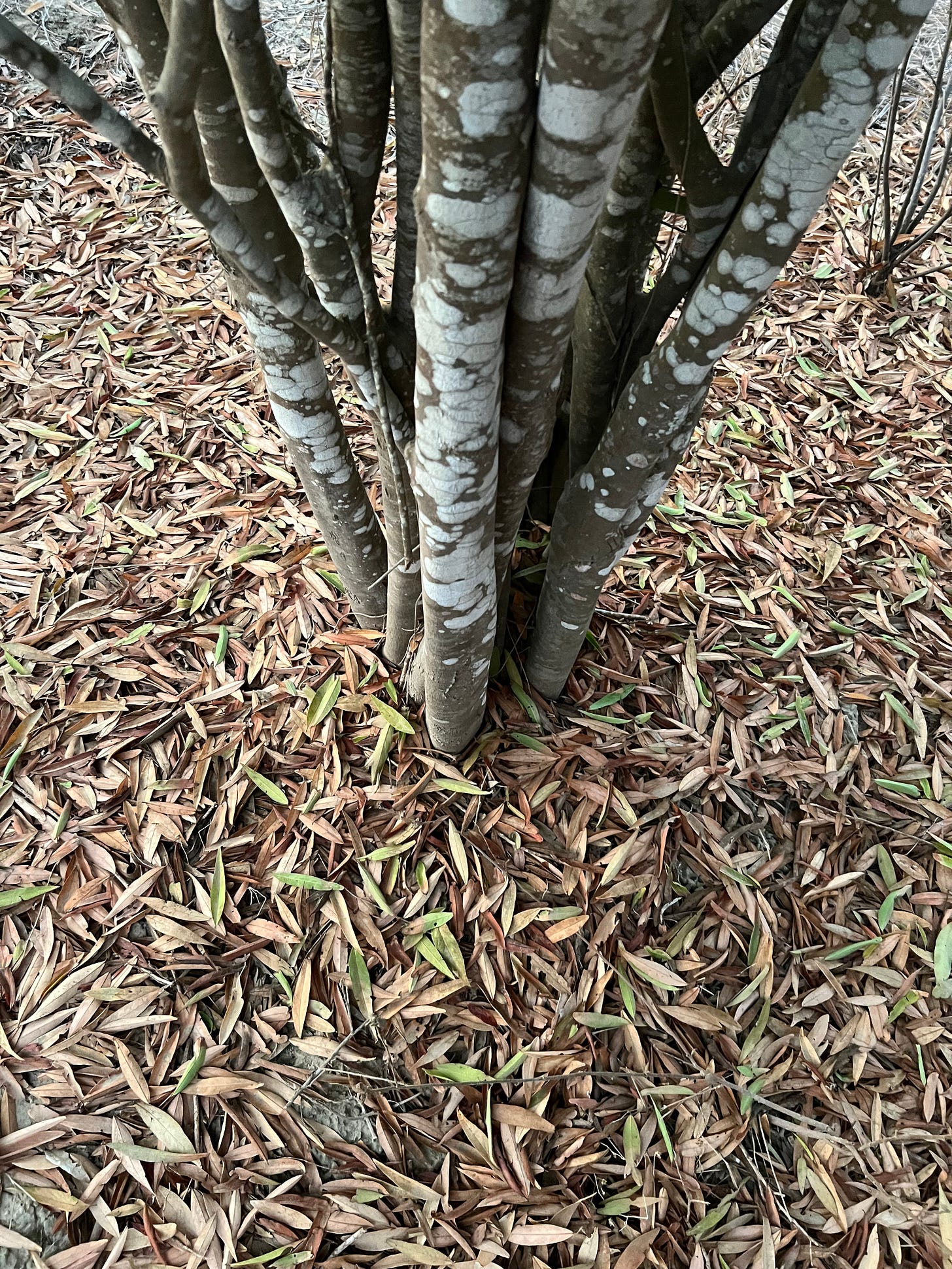
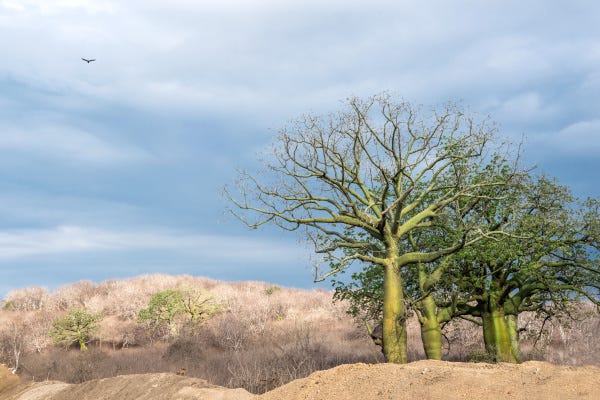
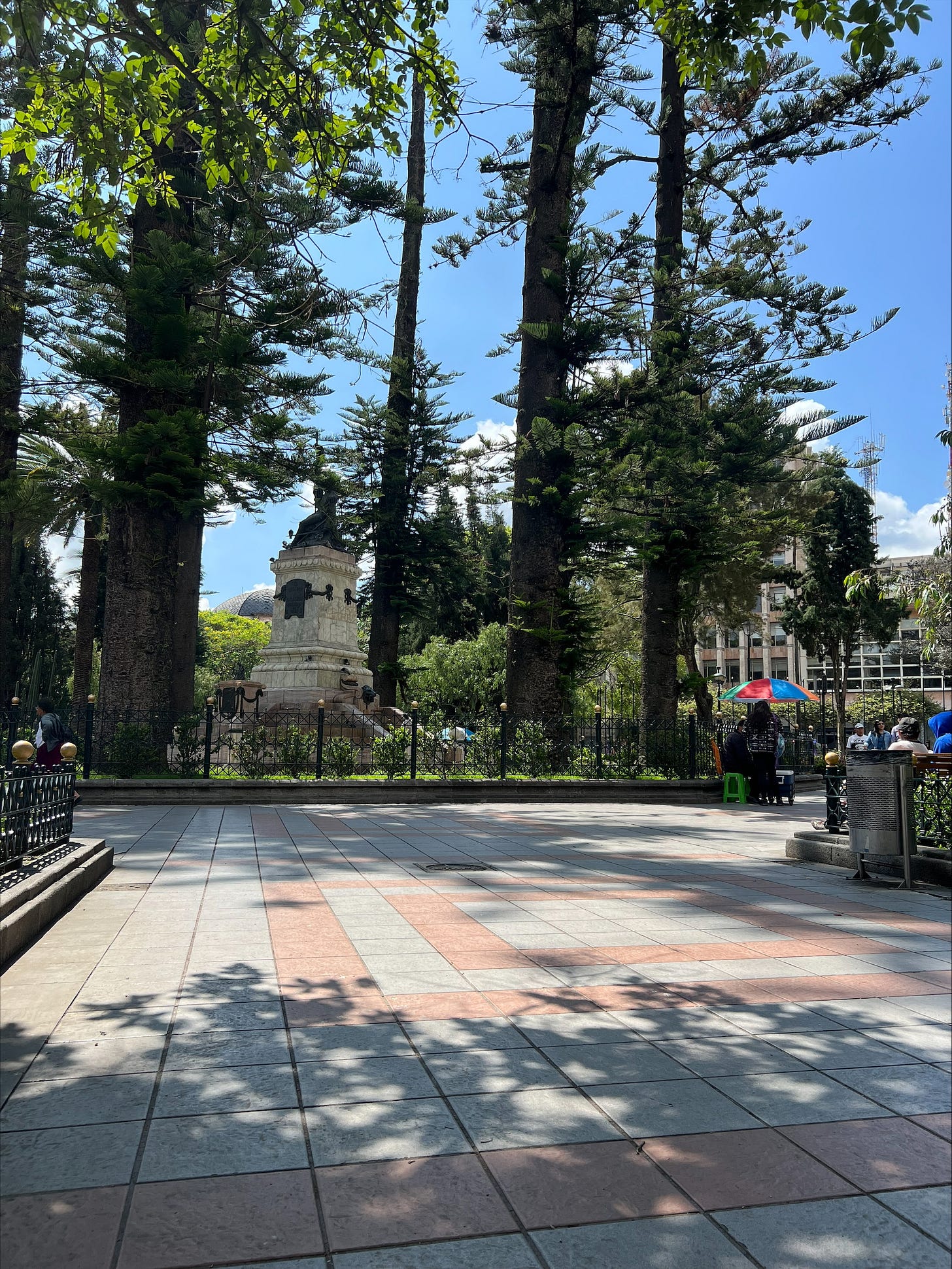
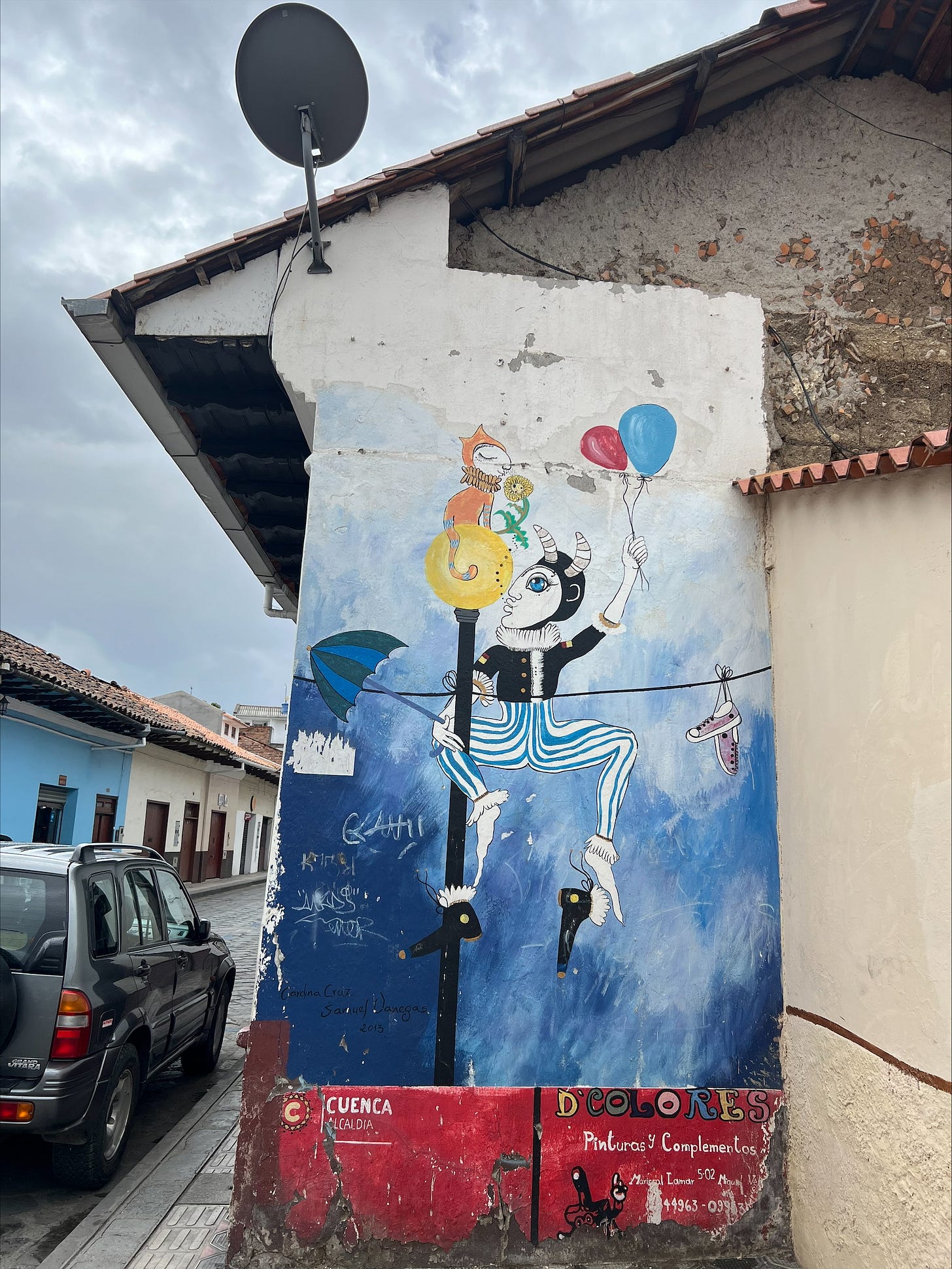
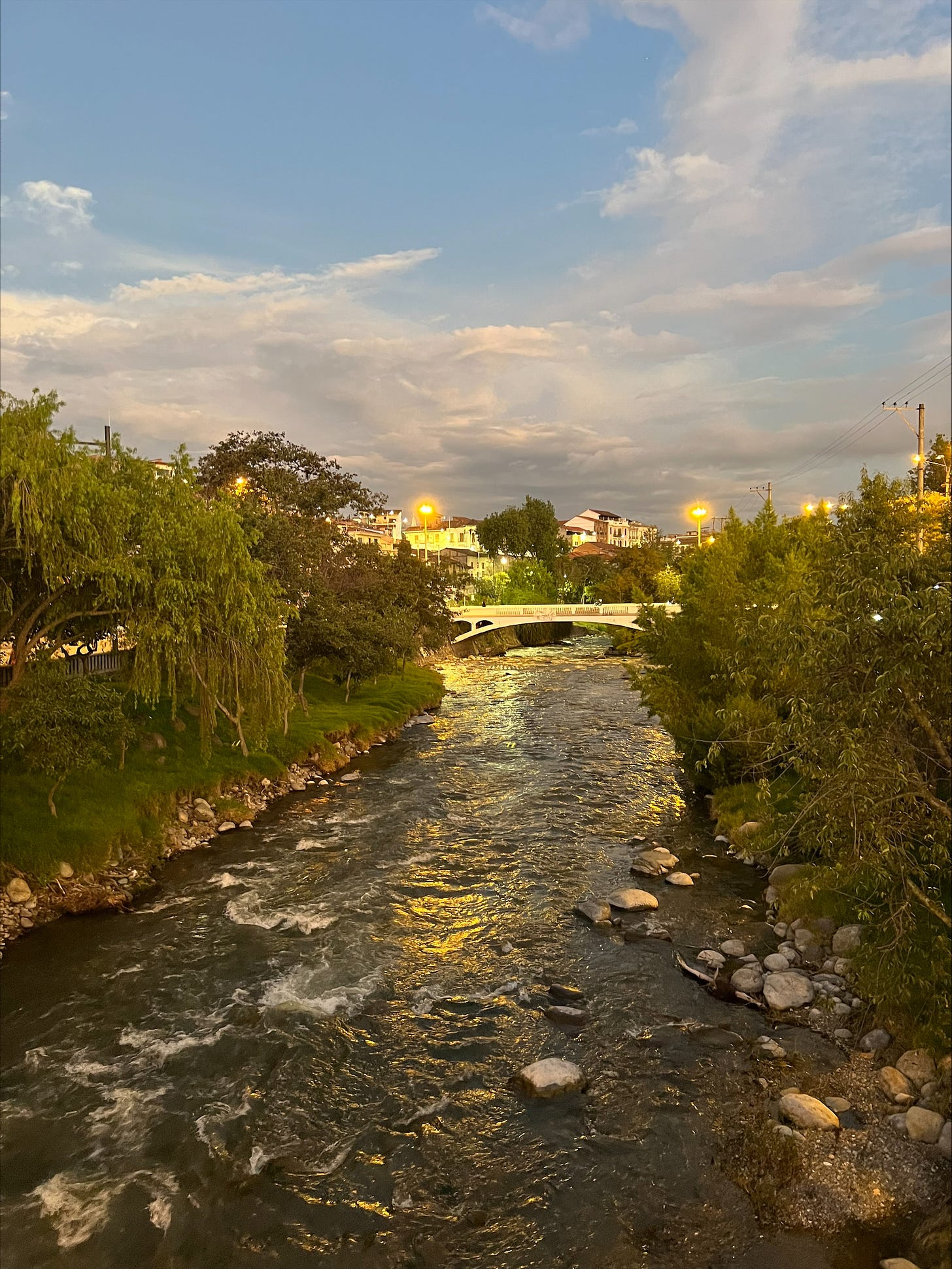
The periods of fragmentation need fermentation. xx